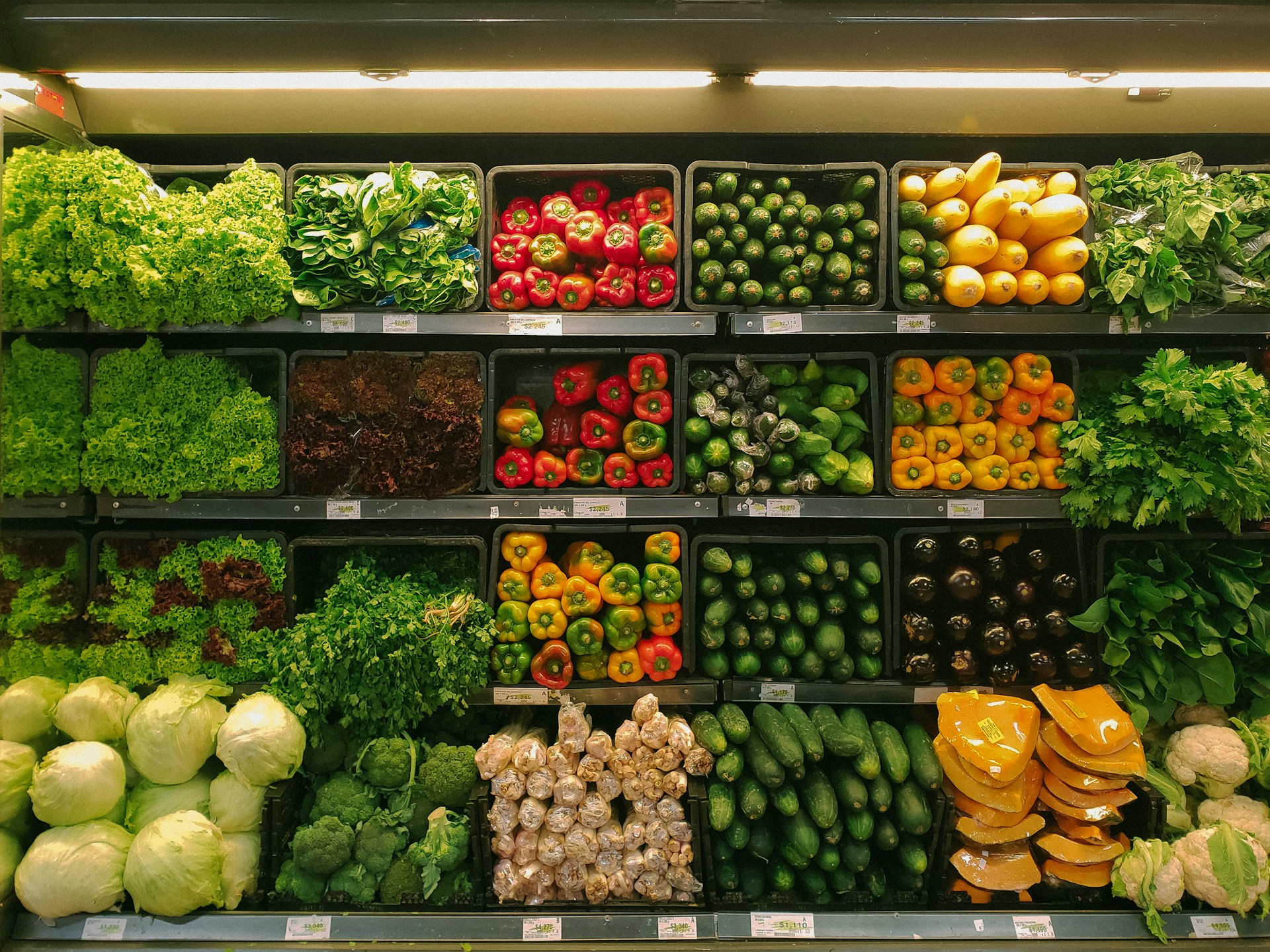Consumer controversies
Joburg Named SA’s Most Expensive City for Groceries Again

If you feel like your grocery bill in Johannesburg has been chewing through your wallet lately, you’re not imagining it. For the third month in a row, Joburg has officially been ranked as the most expensive of South Africa’s three biggest metros for groceries — beating Cape Town and Durban to the unwanted top spot.
According to the latest Pietermaritzburg Economic Justice and Dignity (PMBEJD) Household Affordability Index, the average cost of a basic 44‑item food basket in Johannesburg hit R5,656.43 in July 2025. That’s R122.94 more than last year, and R213.71 above the national average.
Beef Prices are Biting Hard
While grocery prices across the board have climbed, beef is the real culprit driving food inflation through the roof. Stats SA data shows stewing beef prices jumped 21.2% year‑on‑year — the sharpest spike since the current inflation tracking began in 2017.
It’s not just about Sunday roasts getting more expensive. Everyday beef products like mince and steak have also soared in price, pushed higher by a combination of foot‑and‑mouth disease outbreaks and rising feed costs.
For families who rely on meat as a protein staple, this is a serious hit. And if you’ve noticed your grocery trolley filling up faster while your wallet empties faster, beef could be the reason why.
Vegetables and Processed Foods Also Climbing
It’s not just meat that’s leaving shoppers frustrated. Vegetables such as beetroot, lettuce and carrots have seen sharp price increases, while fruits, nuts and certain processed foods remain in double‑digit inflation territory.
White rice and cereals have given shoppers a little relief with price drops, but it’s nowhere near enough to offset the broader increases.
Cape Town and Durban: Cheaper, but climbing
While Cape Town and Durban shoppers are still paying less than those in Johannesburg, they’re also feeling the squeeze.
-
Cape Town: July’s basket price was R5,371.35, up a massive 6.7% from last year.
-
Durban: Still the cheapest at R5,358.09, but prices rose 2.8% year‑on‑year.
For perspective, Durban’s basket is nearly R300 cheaper than Joburg’s — which is why some South Africans on social media are joking about “relocating for cheaper groceries.”
Public Frustration Spills Over Online
Across Facebook community groups and X (Twitter), Joburg residents have been quick to share photos of their receipts, with many pointing out that their weekly shop now costs the same as their monthly shop did just a few years ago.
One Johannesburg mother wrote, “I used to buy groceries for under R2,000 for my family of four. Now I can’t even cover half the month with that.” Another simply posted, “It’s cheaper to eat out than cook at home — and that’s saying something.”
Why This Matters
South Africans have been battling rising living costs for years, but the steady climb in food prices — especially in a city like Johannesburg where rent, transport and utilities are already high — is putting extra pressure on households.
With inflation in food and non‑alcoholic beverages hitting a 15‑month high of 5.1% in June, it’s a reminder that while national inflation remains relatively low, the grocery aisle tells a different story.
For now, Johannesburg holds the title of South Africa’s most expensive grocery city — and unfortunately, there’s no sign of that changing soon.
Source:Business Tech
Follow Joburg ETC on Facebook, Twitter , TikTok and Instagram
For more News in Johannesburg, visit joburgetc.com



























